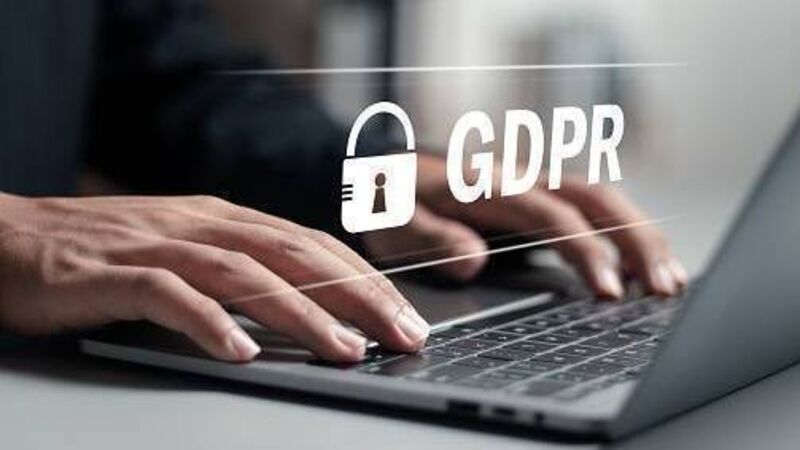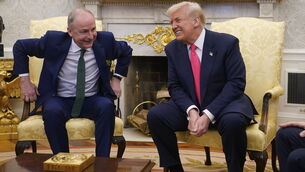Gareth O'Callaghan: AI will soon know more about us than we know ourselves

Rules that exist to protect personal privacy may no longer apply in this new world of AI. File photo
Imagine a life without privacy, in a world where vulnerability no longer carries weight. It's a terrifying prospect. Justin Timberlake once said: “The worst thing about being famous is the invasion of your privacy”. In recent years, privacy has become a dirty word.
There was a time when fame belonged in Hollywood and New York, to the lives of film stars and musicians, sports heroes and supermodels. Outside of their craft, most of them opted for a reclusive life behind high walls and electric gates, in places like Beverley Hills, or in Monaco or Zurich, or on private Caribbean islands.















